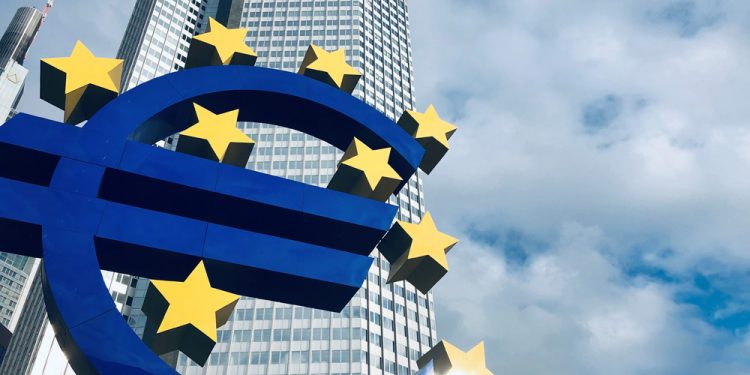European Central Bank (ECB) official Fabio Panetta said the digital euro would be designed with privacy in mind but never as private as cash.
European Central Bank Weighs Privacy vs. Security in Digital Euro
As it works to create a new digital currency that will supplement cash and emulate its most excellent qualities, the European Central Bank (ECB) is considering the privacy issues of a digital euro.
The European Central Bank member Fabio Panetta stated in a speech to the European Parliament on Monday that the digital euro would be created with privacy in mind but that it could never be as private as cash.
“We will design the digital euro with privacy in mind,” Panetta said. “We want to make sure that people can use the digital euro without their every move being tracked.”
Panetta did note, however, the importance of striking a balance between privacy and other concerns, such as the prevention of financial crime. He assured the audience that the European Central Bank would go to great lengths to guarantee the security of digital Euro transactions.
The ECB is experimenting with digital versions of the euro. It has pledged to have a prototype ready by the year 2026.
The subject of privacy complicates the ECB’s development of a digital euro. Individuals, on the one hand, would prefer to keep their financial transactions private. However, governments and law enforcement organizations require the ability to monitor monetary transactions in order to combat criminal activity and terrorism.
ECB’s Efforts to Create a Private and Cost-Effective Digital Euro
The European Central Bank (ECB) is looking for ways to satisfy both sets of stakeholders. Some minor transactions might be conducted anonymously, but larger ones would be monitored more tightly. Encryption is another way to ensure that people’s financial information remains private.
The European Central Bank (ECB) is still trying to figure out how to create a private digital euro. The central bank, however, has made this a primary priority.
When designing a digital Euro, the ECB considers several considerations, including privacy, security, ease of use, and cost. The European Central Bank (ECB) is working toward a future where the digital euro can be used freely and securely by anybody. Its other goal is to make issuing and using digital euro currency inexpensive.
Final Thoughts
The ECB is facing several challenges as it develops a digital euro, but it is committed to creating a digital currency that meets the needs of citizens and businesses. The design of the digital euro will need to balance privacy with security and other considerations.










